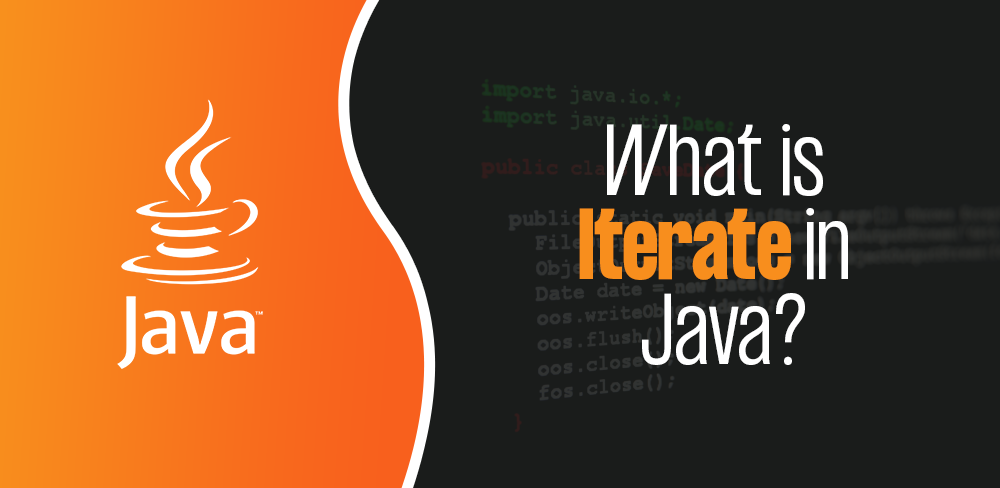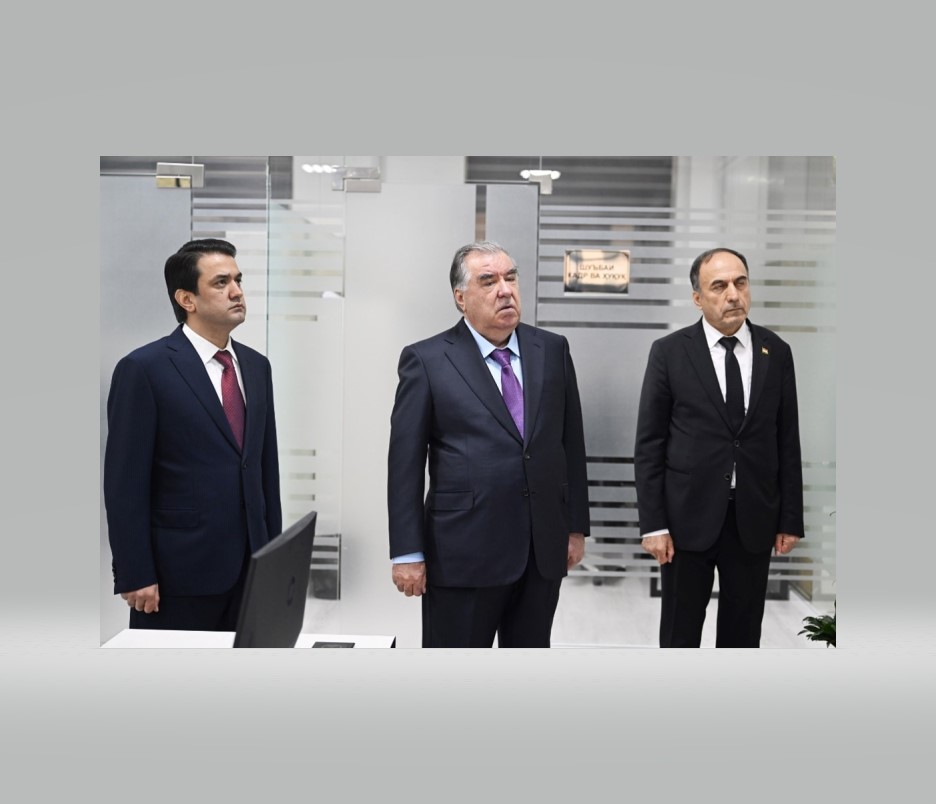“You can be strong on borders without being weak on humanity. And on every issue, that’s what’s missing from this government — humanity.”
This is a tweet written by Anthony Albanese in December 2019. Albanese was the opposition leader at the time, and this was his public reaction when the medevac law was repealed by the previous Coalition government.
Today, in 2023, Albanese is prime minister. Despite previous strongly worded public statements against offshore detention and the associated abuse of human rights, the now-governing Labor Party recently voted against the Migration Amendment (Evacuation to Safety) Bill.
This bill was introduced by Greens Senator Nick McKim, and would have seen the remaining 160 refugees from Port Moresby and Nauru transferred to Australia for medical treatment. With both the Liberal and Labor parties opposed to it, the bill did not pass.
After fleeing ethnic persecution in Iran and seeking asylum in Australia, I was detained as a refugee at the Manus Island detention centre in Papua New Guinea. I was held there from 2013 until it closed in 2017, before then being moved to Port Moresby with the other detainees in 2019. Once released, I was not welcome to live in Australia, and instead was granted permission to stay in New Zealand, where I now live with refugee status.
I was never supposed to set foot in Australia again, but recently I briefly visited for the opportunity to meet with people across the country, many of whom said that they voted for Labor in hope of policy changes, especially regarding refugees. It is now clear Labor has forgotten its promises — it aims to continue the same policy approach to refugees as the previous Liberal government.
Many of those I spoke to sadly believed that Labor had indeed already brought change, but this shared belief is more indicative of successful government propaganda and narrative manipulation than of any real difference.
The Labor government has adopted a media strategy whereby positive examples, such as the Bioela family and their happy photos, offer a deceptive symbol and celebration of change, distracting from the fact there has been no actual substantial shift in policy.
This positive spin masks the government’s recommitment to populism and hypocrisy. Where the Coalition government deployed explicit propaganda against refugees and was not afraid of sadism and cruelty, Labor deploys hypocrisy. Both parties politicise human rights, though the tactics and the language are different.
Labor uses strong human rights language when discussing its position on refugee issues, but its actual policy continues the same cruelty seen throughout the previous Coalition government. Though the recent decision to allow 19,000 refugees the opportunity to apply for permanent visas is welcome news, more than 12,000 refugees who have lived in Australia for more than a decade remain in legal limbo.
Contrary to the Labor government’s declaration that all people in Port Moresby and Nauru would be free by the end of 2023, a recently approved contract worth $420 million with the Australian wing of the controversial American company Management and Training Corporation (MTC) suggests the government anticipates the continuation of offshore detention for at least the three-year duration of the contract into 2026. Further damning are accusations of gross negligence and abuse of human rights regarding MTC’s management of private US prisons on a number of occasions.
Labor has continued the inhumanity of the previous Liberal government. Indeed, Albanese and his government remain accountable for the tragedy that continues to unfold in Port Moresby, Nauru and Australia. After years of fighting on these issues, refugees and migrants remain marginalised and forgotten in Australian politics.
Labor has tried to hide its failure to change the detention industry behind the language of rights and the isolated celebration of particular cases, while at the same time hypocritically voting against the very same bill it spoke in favour of before being elected.
Labor’s hypocritical approach and its manipulative tactics have significant consequences that extend beyond damaging the lives of those remaining in detention and of refugees. Importantly, the strategies deployed by the Albanese government in relation to these issues directly influence and shape emerging Australian political culture.
As politicians learn how to hide atrocity behind discursive morality and such practices become more commonplace across party lines, it is only a matter of time before this hypocritical approach can, and will, be applied to other issues within Australian politics.
Contrasting its election rhetoric and the hope of change it represented, Labor continues to torture people who have been in limbo for a decade. This is the reality. It’s not what the government wants to show — it would rather take happy photos with a few refugees.
In Australia, the mentality that condones detaining innocent people remains entrenched, and the detention industry flourishes.
Do you agree the Albanese government’s refugee policies are cruel and hypocritical? Let us know by writing to letters@crikey.com.au. Please include your full name to be considered for publication. We reserve the right to edit for length and clarity.
You keep us independent.
Crikey is able to be independent because of subscriber support. We want to be transparent with you, here’s the breakdown of where we invest that support:
- Journalists, editors, contributors: 53%
- Award-winning journalism takes a village, and we invest heavily in ours.
- Marketing, support and leadership: 32%
- Everything from customer support to annual Crikey subscription drives are handled by the people and spend in this category.
- IT and overheads: 15%
- The Crikey IT team is constantly working to improve the customer experience. Plus, we need the standard things like insurance, office space, and typical business needs.
Join us right now for 12 weeks for $12 on your Crikey subscription.
Join now





















Discussion about this post